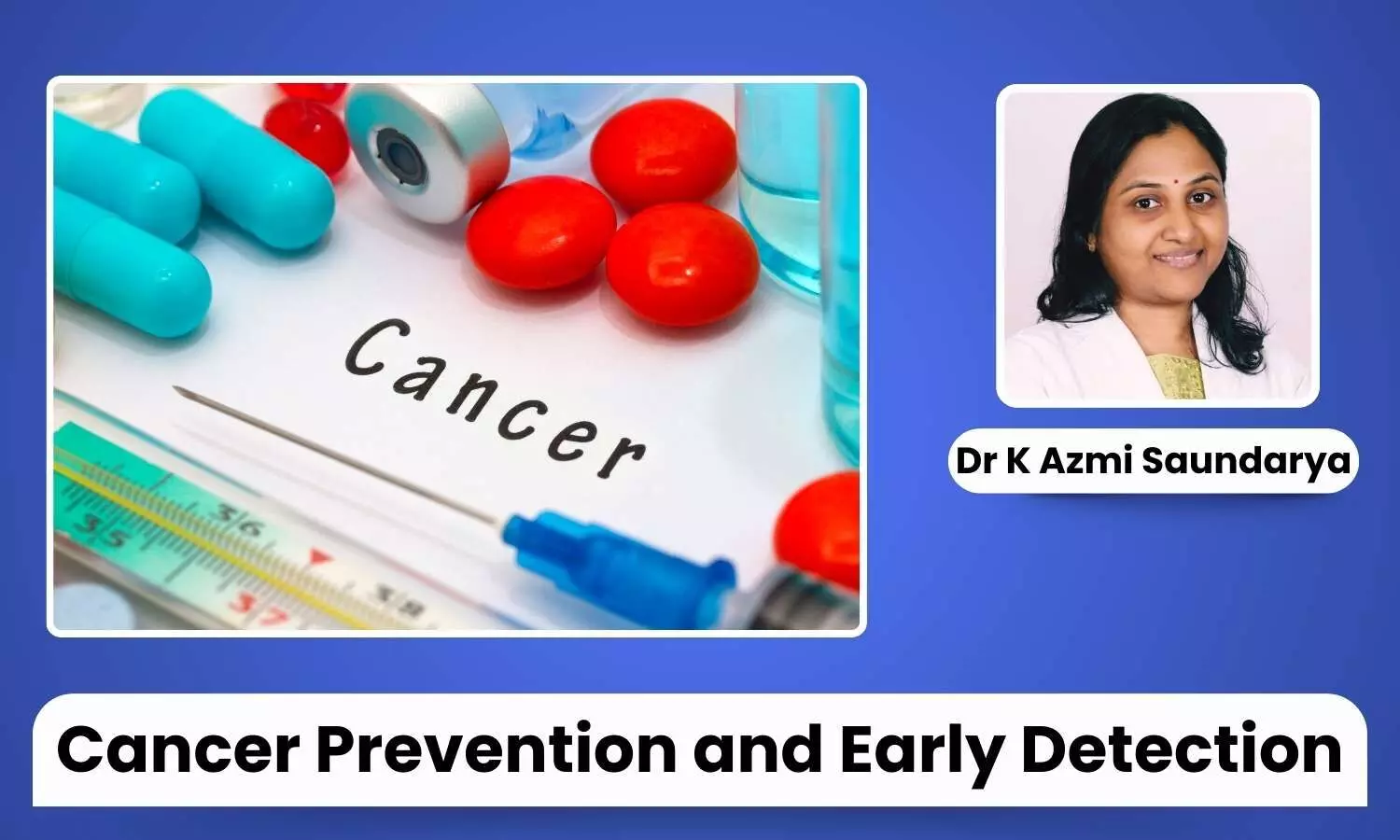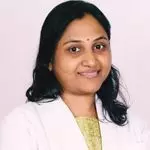Rising Cancer Cases in India: How Prevention and Screening Can Save Lives - Dr K Azmi Saundarya

The primary goal is to raise awareness about cancer and the ways we can prevent it. It is also to emphasise how important early detection is and to show unity in the fight against cancer.
The estimated number of new cancer cases in India was 14,61,427 in 2022. This is expected to increase by 10 percent in 2025. Lung and oral cavity cancer are the most common cancer in men, while breast and cervical cancer are leading in women.
What is Cancer?
Cancer is a disease in which a few body cells grow uncontrollably and spread to different parts of the body. Cancer can begin almost anywhere in the human body.
Normally, human cells grow and multiply to form new cells when they receive the signals to do. When this orderly process breaks down, damaged cells continue to grow and multiply. These abnormal and damaged cells collectively form cancer.
There are more than 100 types of cancer.
What causes Cancer?
There is no single cause for developing cancer. It is generally believed that there are many factors that contribute to the development of cancer, such as: lifestyle and diet choices, family history, genetic disorders, exposures to certain viruses, and environmental exposures.
Generally, it takes many years for cancer to develop with these risk factors. As the age increases, your chance of getting cancer also increases. However, sometimes cancer can develop in people who weren't affected by these risk factors. It isn’t always clear why one person gets cancer whereas another doesn’t.
Cancer Prevention Overview
Cancer prevention can be primary prevention and secondary prevention.
Primary prevention is avoiding exposure to cancer causing factors called as carcinogens.
The only way to reduce the incidence of cancer is through prevention. Cancer prevention is an action taken to reduce the risk of cancer.
Not all cancers can be prevented, but we can do certain things to reduce the risk such as: Quitting alcohol and smoking, maintaining healthy weight, having a healthy balanced diet, avoiding contact with harmful chemicals such as pesticides and asbestos at home or work, vaccinate children against Hepatitis B and HPV, avoiding too much exposure to sun.
Secondary prevention is by screening. India has a number of cancer screening programs. Many cancers are treatable, when detected early. Screening helps us detect the cancer in a very early stage, where treatment is more likely to be curable. Cost-effective screening approaches are available to reduce breast cancer, cervical cancer and oral cavity cancer.
Cervical cancer screening should start at the age of 25 using a pap smear. Breast cancer screening with annual mammogram can begin at the age of 40 years with normal risk.
Colon and rectal cancer screening can begin at the age of 45 with a stool-based test or with colonoscopy that can visualise the colon. Lung cancer screening is recommended for people 50 years plus who have a strong smoking history.
Finally, the most important thing is to get enrolled in regular screening programs. Please get help from the experts when required.


